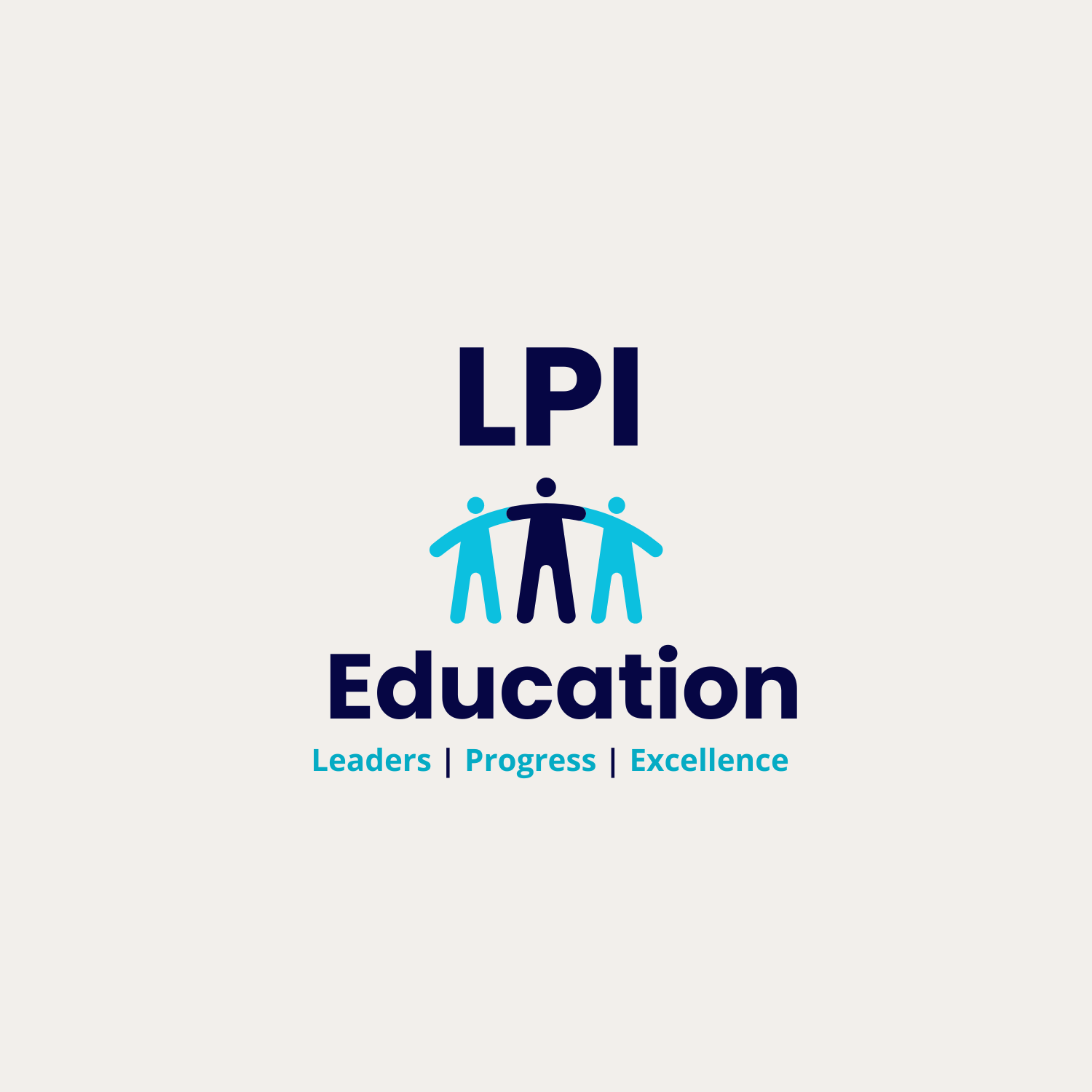Reflective Supervision for DSLs: ‘Safeguarding the Safeguarders’.
Introduction
Being a Designated Safeguarding Lead (DSL) is one of the most demanding roles in any school. The weight of decision-making, the emotional toll of disclosures, and the constant vigilance required can be overwhelming. Reflective supervision isn’t just another compliance exercise, it’s a crucial way to protect DSL wellbeing, strengthen safeguarding practice, and show inspectors that leaders are ‘safeguarding the safeguarders’.
Why Reflective Supervision Matters
Reflective supervision gives DSLs and safeguarding teams the structured space to:
Step back from casework and process challenging decisions.
Reflect on patterns, risks, and what could be done differently.
Strengthen emotional resilience and prevent burnout.
This isn’t just best practice: it’s backed up by statutory guidance:
Working Together to Safeguard Children (2023): emphasises the importance of supervision and support for safeguarding professionals.
Keeping Children Safe in Education (2025): requires leaders to properly resource DSLs and ensure they are supported.
Ofsted Framework (2025): places increased scrutiny on how schools safeguard the wellbeing of their safeguarding teams.
Impact on School Leaders and DSLs
The benefits are clear and wide-reaching:
Better decision-making: DSLs have the space to test out thinking and improve case outcomes.
Improved wellbeing: regular reflection reduces stress and helps DSLs sustain their role.
Stronger safeguarding culture: inspectors see reflective supervision as evidence of leadership capacity and care.
At LPI Education Ltd, we’ve seen first-hand how reflective supervision transforms not just individual DSLs, but the safeguarding culture of whole schools and trusts.
Practical Steps for Schools
If you’re considering reflective supervision in your setting, here are three starting points:
Schedule regular sessions: aim for at least half-termly, with flexibility during high-demand periods.
Use a structured model: focus on reflection, learning, and next steps, not just case updates.
Invest in external support: independent facilitators bring expertise, confidentiality, and objectivity.
Next Steps
Safeguarding the safeguarders isn’t optional, it’s essential. Reflective supervision is one of the clearest ways leaders can protect staff wellbeing, improve safeguarding decisions, and evidence leadership capacity to Ofsted.
If you’d like to explore reflective supervision for your school or trust, take a look at our Reflective Supervision services or get in touch for a conversation about how we can support your safeguarding team.

